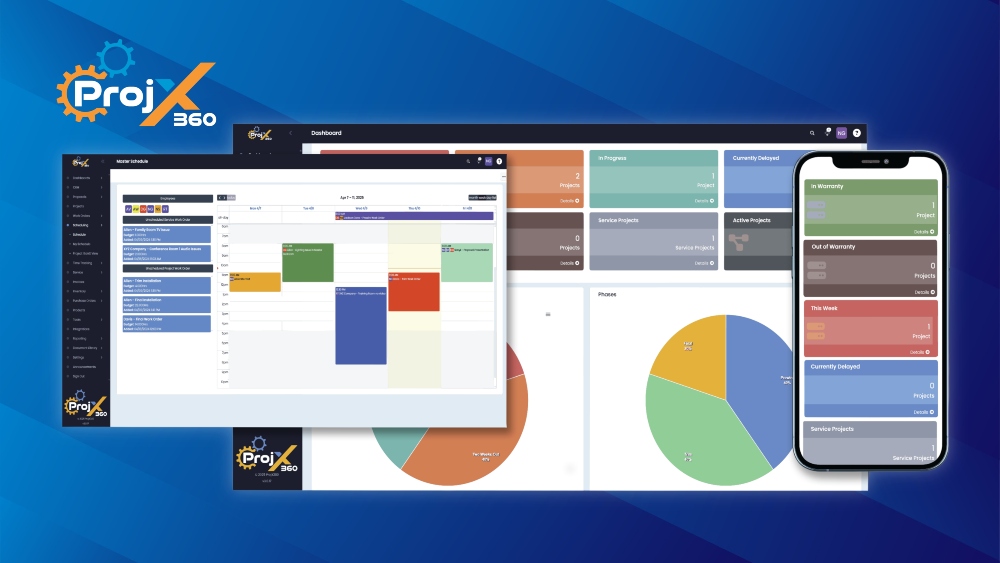The Latest
Filter by Topic
Filter by Type
The Week in Playback: For When AI Finally Comes to the Smart Home
CE Pro takes a look through all the news static throughout the week to find the stories and…
News January 18URC Introduces Translucent UI Theme for Total Control Platform
URC introduces Translucent, a new Total Control UI theme focused on adjustable transparency and a softer, more unified…
News January 16ProjX360 Goes Global
The project management platform for system integrators will kick off its global expansion while at ISE 2026 in…
Briefs January 16ISE 2026’s Luxury Immersion Theater Aims to be a ‘Masterclass’ in LED-Based Cinemas
DCI-Grade LED video meets immersive audio in a luxury home theater demo designed around the unique challenges of…
News January 16Theory and PRO Make First Official ISE Appearance With Dual Demo Experiences
First-time exhibitors Theory Audio Design & Pro Audio Technology will present residential and professional audio demonstrations at ISE…
Briefs January 16How an AI Expert Applies Smart Home Automation & Security in His Own Home
An AI professional works with an integrator to create an interoperable, design-forward smart home using the Brilliant Smart…
News January 16Lightworks’ Glen Keoghan: Profitability and Pipeline Visibility Will Define Integrator Success in 2026
Lightworks' Keoghan says margin control, realistic forecasting, and disciplined execution will matter more than chasing new tech trends.
News January 16Luxury Buyers, Evolved: What High-End Clients in 2026 Really Want (Hint: It’s Not Just Tech)
Christopher Sterle of Acoustic Design Systems explains why emotional ROI, wellness, and simplicity are redefining luxury home technology…
News January 16Loewe Technology Noir Rainbow and Ice Diamond Headphones
In a unique collaboration, Loewe Technology has partnered with renowned luxury jeweler Jacob & Co. to create a…
Products January 16


























